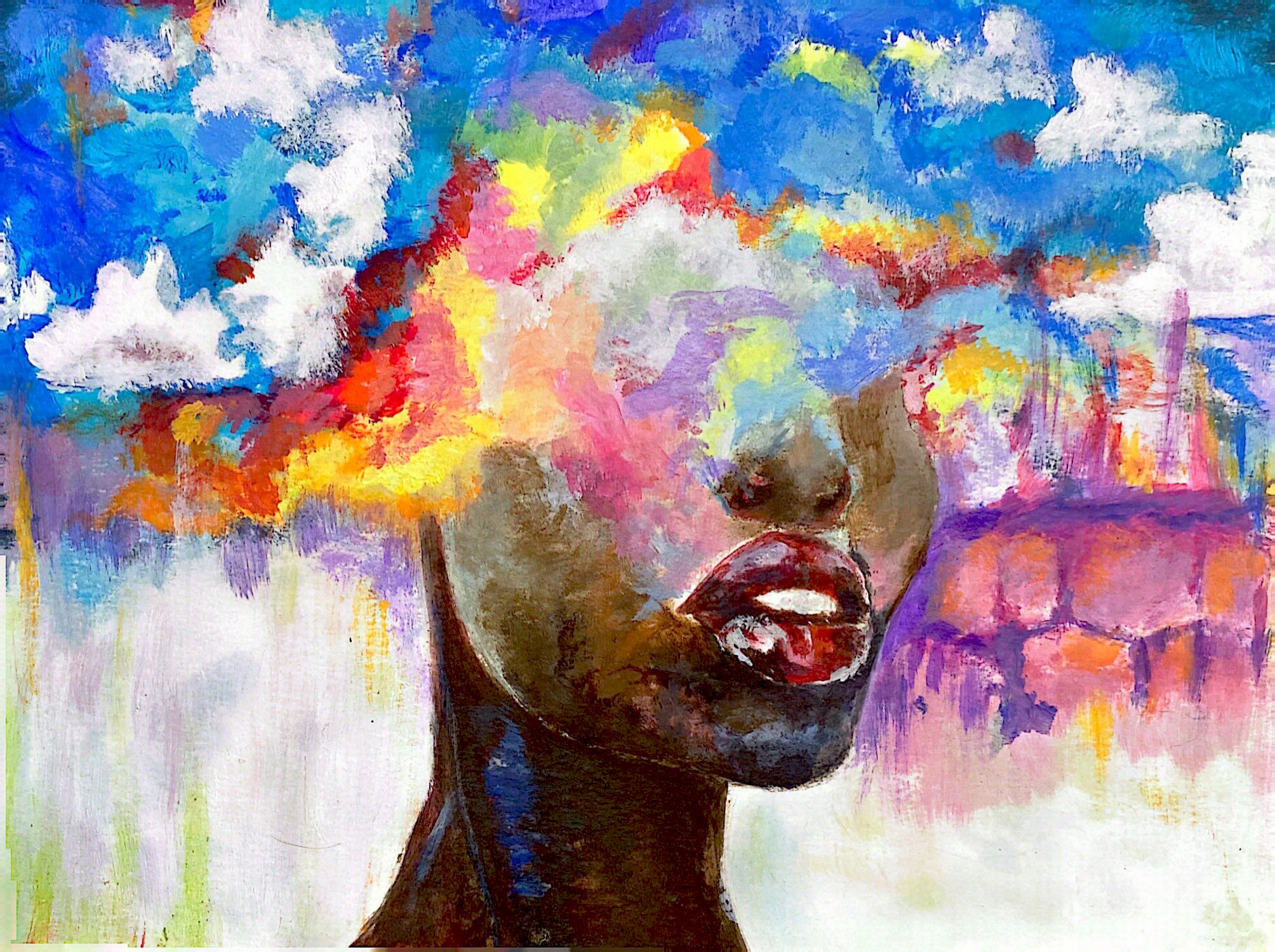I have no idea who I am or how to even start this article. It has never been something that I thought about until I began to consider what I wanted to do after College, which triggered a wave of existentialism. I can’t truly say I know who I am or who I want to be. Now that I find myself firmly in my 20s, the question seemed a lot easier to answer when I was younger. Up until a certain point, we tend to largely be defined by school or perhaps the hobbies that we spend most of our time doing, but the hole left by a lack of external validation seems to have been filled by existential dread.
If you had asked me who I was five years ago, I would rattle off something along the lines of “My name is Emma and I am seventeen years old and I go to this school.” But despite what some people would like to think, going to a particular college is not a personality trait. This seemingly simple question becomes much harder to answer when you get older, and rather the realities of looming adulthood begin to kick in. As someone who defined themselves by their academics, being dropped into a big pond as a little fish where I was no longer one of the strongest swimmers was a shock. Everyone in my degree is brilliant, curious, and intelligent. If we were all smart and passionate about the same things, then how was I now to carve out my own individual identity?
The notion of loving and finding yourself is now a popular one on social media. There are thousands of videos, quotes and instructions on how to fall in love with yourself, and how to be the very best version of you. There are some genuinely good pieces of advice floating around on the internet, yet plenty of it does seem to just be marketing attempting to encourage you to buy the latest skincare product, or perhaps that new It Girl lipstick. In a sea of aesthetic day in the life videos and pretty quotes in cursive, I have found a few tips to be particularly helpful.
Go to Therapy
Everyone should go to therapy at least once. It can be uncomfortable and scary, and takes a very long time to make progress, but it is so worth it. Not just for the fact that we are in a mental health crisis as a society, but being forced to talk about nothing but yourself — what makes you tick and what makes you sad, angry and confused — can be very helpful for understanding yourself. As well as being hugely beneficial for your mental health, you improve your communication and emotional skills, which are imperative for adulthood. You can learn so much about yourself and why you are the way you are.
The Little Book of Things You Like (About Yourself)
Even though we must be careful not to fall into the trap of identifying solely with materialistic things and a carefully curated aesthetic, it can be helpful to write down a long list of things that you love and that bring you joy. A list of things that you like about yourself (your sense of humour, your hair colour) can help foster a sense of self love, which is much needed to develop a sense of self. Personally, I have a range of things on my list that bring me joy from the charity shop wine glasses that I collect to the compliments that I’ve been told that made me glow. No matter how big or small the things on your list may seem, it can be helpful to look back on it on the days that you’re not sure of anything about yourself.
Mindfulness
The internet is an all-encompassing and overstimulating abyss which can be helpful to take a break from. Unplugging for ten minutes to simply sit with ourselves can help to restore a sense of inner calm and to focus some time on ourselves. The internet can certainly serve as a source of inspiration, but it can also reach a point where you begin to doom scroll and compare yourself to the people and images that are portrayed online. You are real but most of what you see online is not, and taking some time out from the ever-constant presence that the internet is in our lives can help us to remember this.
Journaling
Journaling is another thing that has seemed to explode in popularity in the last number of years. I have habitually journaled for most of my life, and it remains one of the best ways I have found to vent my frustrations and to bring myself clarity on a situation. It can be so helpful to look back and see how much you have grown, as well as recognise patterns within yourself which can teach you about your own personal emotional style.
Time
Allowing time to cultivate your identity in your 20s is probably the most important thing you can do. Adulthood is still very new to most of us and with that comes changing emotions as well as a huge change in day-to-day life with college and/or leaving home. It is a confusing time for everyone and you might not feel like the same person you were in your teens. The process of finding your place in the world and within yourself is not an easy or instant one, therefore taking the time you need and being patient with yourself is crucial as you navigate this new and sometimes daunting world.






